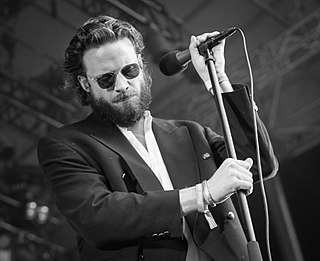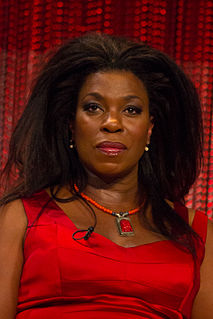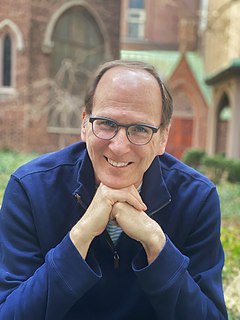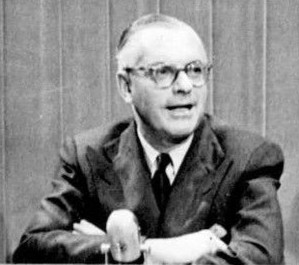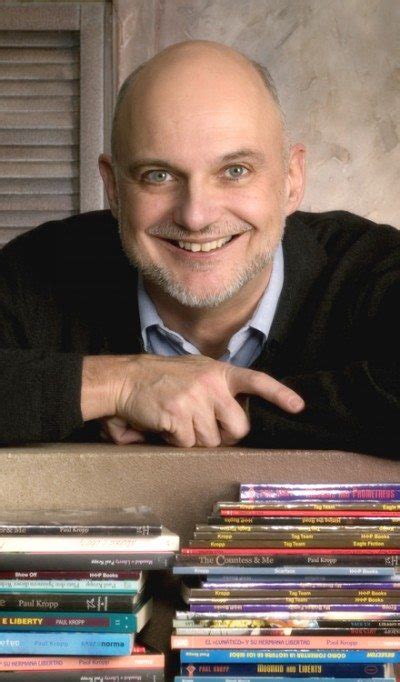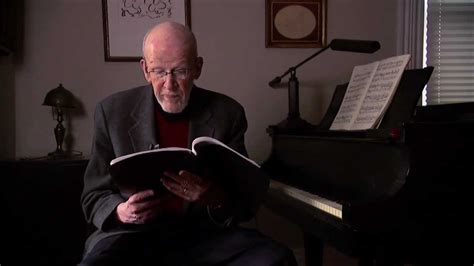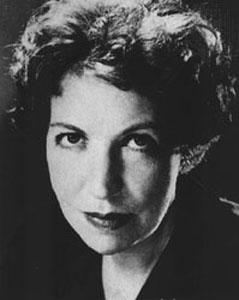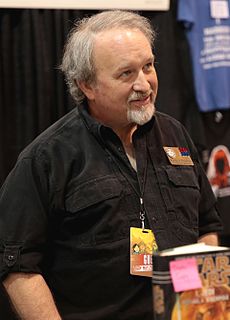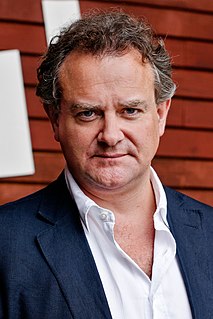Top 1200 Reading For Pleasure Quotes & Sayings - Page 2
Explore popular Reading For Pleasure quotes.
Last updated on April 19, 2025.
My personal view is that reading has to be balanced. Obviously, there's a certain amount of reading that we have to do academically to continue to learn and to grow, but it's got to be balanced with fun and with elective reading. Whether that's comic books or Jane Austen, if it makes you excited about reading, that's what matters.
Pleasure is not the goal of man, but knowledge. Pleasure and happiness comes to an end. It is a mistake to suppose that pleasure is the goal. The cause of all the miseries we have in the world is that men foolishly think pleasure to be the ideal to strive for. After a time man finds that it is not happiness, but knowledge, towards which he is going, and that both pleasure and pain are great teachers.
Reading is everything. Reading makes me feel like I've accomplished something, learned something, become a better person. Reading makes me smarter. Reading gives me something to talk about later on. Reading is the unbelievably healthy way my attention deficit disorder medicates itself. Reading is escape, and the opposite of escape; it's a way to make contact with reality after a day of making things up, and it's a way of making contact with someone else's imagination after a day that's all too real. Reading is grist. Reading is bliss.
Teenagers are always sneaking around in drawers where they shouldn't go and reading things they shouldn't be reading. And that's an attempt to try, I think, to penetrate, that's how I found out as a teenager what was going on, was by sneaking into drawers and reading letters that I had no business reading.
Reading is a pleasure of the mind, which means that it is a little like a sport: your eagerness and knowledge and quickness count for something. The fun of reading is not that something is told to you, but that you stretch your mind. Your own imagination works along with the authors, or even goes beyond his, yields the same or different conclusions, and your ideas develop as you understand his.
What do teachers and curriculum directors mean by 'value' reading? A look at the practice of most schools suggests that when a school 'values' reading what it really means is that the school intensely focuses on raising state-mandated reading test scores- the kind of reading our students will rarely, if ever, do in adulthood.
Christianity cannot erase man's need for pleasure, nor can it eradicate the various sources of pleasure. What it can do, however, and what it has been extremely effective in accomplishing, is to inculcate guilt in connection with pleasure. The pursuit of pleasure, when accompanied by guilt, becomes a means of perpetuating chronic guilt, and this serves to reinforce one's dependence on God.
For most people, what is so painful about reading is that you read something and you don't have anybody to share it with. In part what the book club opens up is that people can read a book and then have someone else to talk about it with. Then they see that a book can lead to the pleasure of conversation, that the solitary act of reading can actually be a part of the path to communion and community.
Sorrow, terror, anguish, despair itself are often the chosen expressions of an approximation to the highest good. Our sympathy in tragic fiction depends on this principle; tragedy delights by affording a shadow of the pleasure which exists in pain. This is the source also of the melancholy which is inseparable from the sweetest melody. The pleasure that is in sorrow is sweeter than the pleasure of pleasure itself.
I was a reader. I loved reading. Reading things gave me pleasure. I was very good at most subjects in school, not because I had any particular aptitude in them, but because normally on the first day of school they'd hand out schoolbooks, and I'd read them--which would mean that I'd know what was coming up, because I'd read it.
I grew up in this household where reading was the most noble thing you could do. When I was a teenager, we would have family dinners where we all sat there reading. It wasn't because we didn't like each other. We just liked reading. The person who made my reading list until my late teen years was my mom.
There are three sorts of pleasures which are advantageous, and three which are injurious. Finding pleasure in the discriminating study of ceremonies and music, finding pleasure in discussing the good points in the conduct of others, and finding pleasure in having many wise friends, these are advantageous. But finding pleasure in profligate enjoyments, finding pleasure in idle gadding about, and finding pleasure in feasting, these are injurious.
It is pleasure that lurks in the practice of every one of your virtues. Man performs actions because they are good for him, and when they are good for other people as well they are thought virtuous: if he finds pleasure in helping others he is benevolent; if he finds pleasure in working for society he is public-spirited; but it is for your private pleasure that you give twopence to a beggar as much as it is for my private pleasure that I drink another whiskey and soda. I, less of a humbug than you, neither applaud myself for my pleasure nor demand your admiration.
For the last episode [of Downton Abbey], you'll need some handkerchiefs. I needed handkerchiefs reading it. It wasn't because it necessarily moved me while reading it, but it was the experience of reading it when I realized it was the last time I was ever going to be reading one of those scripts. That was quite terminal.











